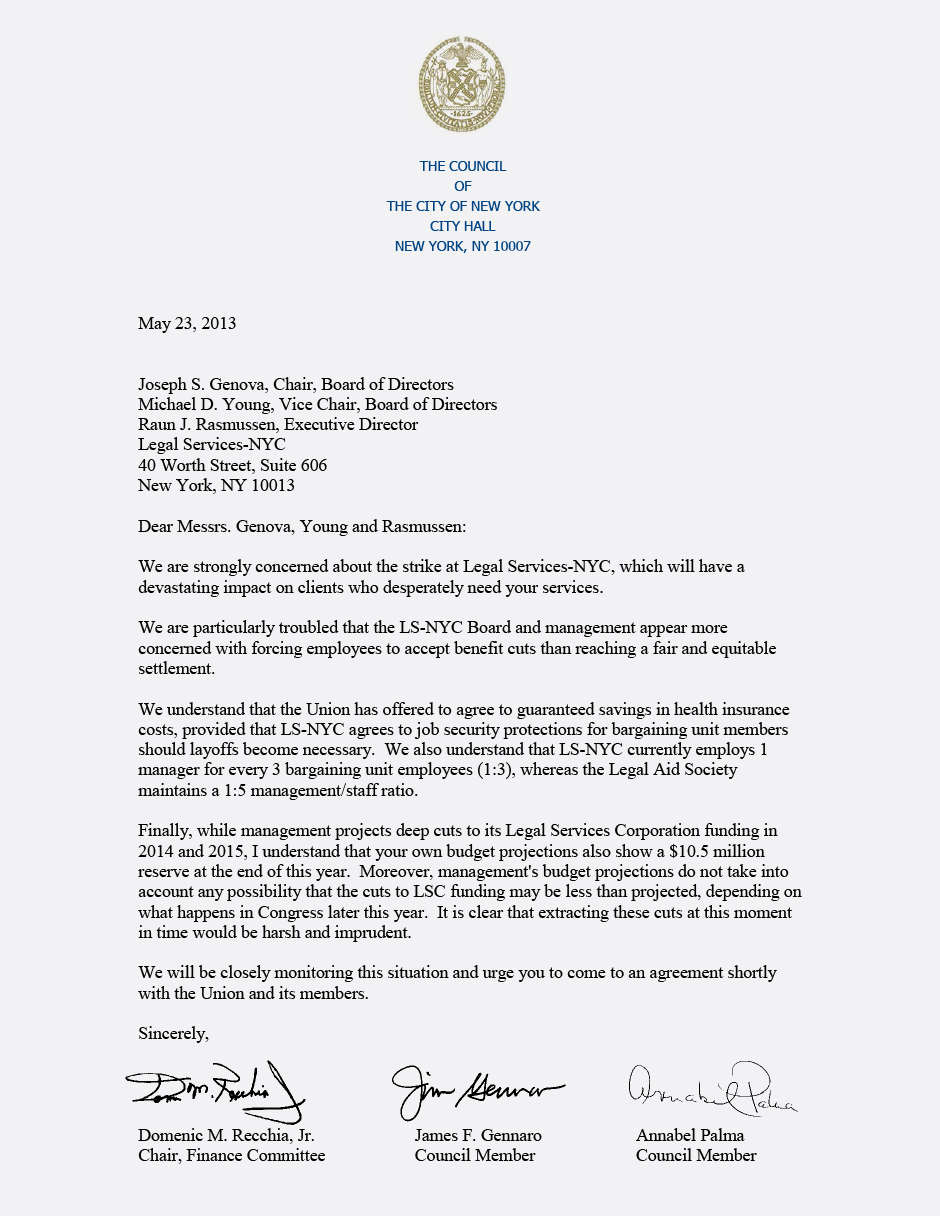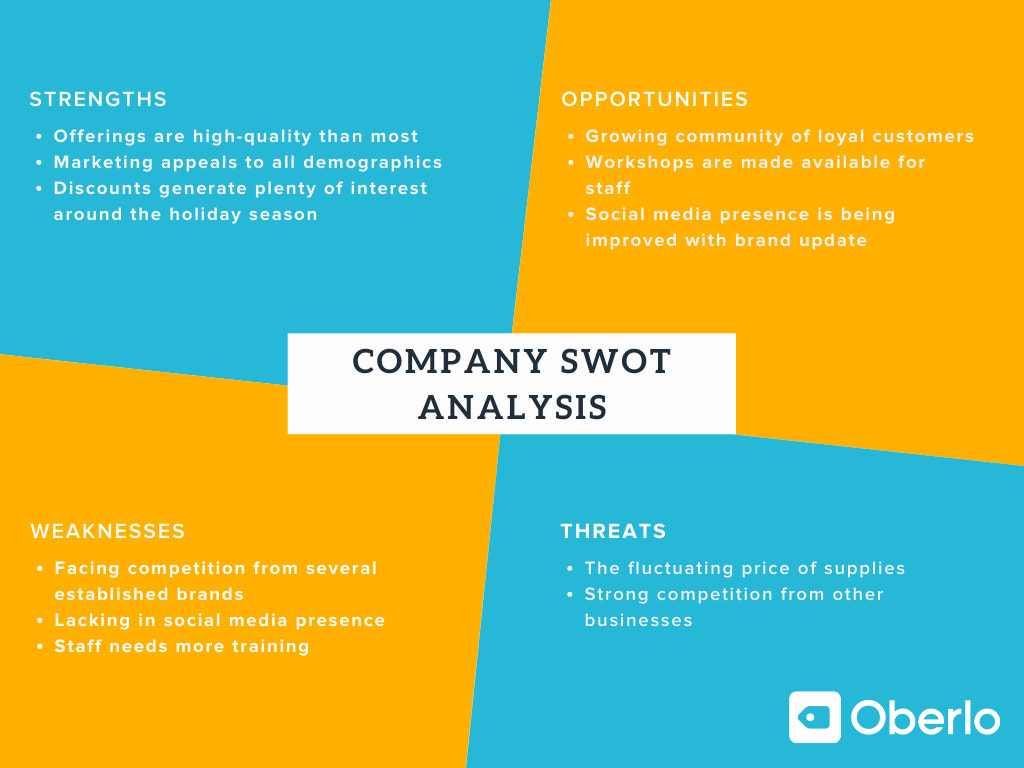
Are you interested in a career in consulting? If so, you might be wondering where to start your job search in New York City. This article will describe the job requirements of a New York-based consultant, how to get them, and what tax implications it has. It will also provide you with helpful advice on starting your own consulting firm. We hope you found this article helpful. We wish success to you in your new profession!
New York City job description: Consultant
Although consulting in New York City is a great way of supplementing your income, it's important to consider both the legal and practical aspects of the job. As a consultant you will be responsible for solving complicated problems, giving presentations, navigating office politics and writing policy statements and contracts. As a consultant, you'll also gain valuable experience while working in a variety of industries.
As a consultant, it is your responsibility to make sure clients are happy with the final product. You will need to make sure your clients are satisfied, whether it's by creating a website that is effective or delivering an excellent presentation. Communication skills are also essential, whether that's by phone, email, or in person. For consultants, it is a good idea to have at least 2 years of experience in this field.

New York City Consultant Qualifications
Becoming a consultant requires an understanding of the practical and legal aspects of the profession. This career can provide flexibility and be used to supplement other income sources. Important legal considerations include choosing the right business entity, obtaining licenses and tax issues, as well as working with policies and contracts. Here are some tips to get you started on your journey towards becoming a consultant in New York City.
Working as a New York City consultant can have tax implications
There are many factors to consider when starting a New York City-based consulting business. It is important to determine the tax implications. While you can generally claim up to $5,000 as a startup cost, you should make sure that any products that you sell as part of a demonstration are deductible. However, if you sell any products, they are considered inventory. If you sell any products, it is best to avoid deducting inventory value. Once all your products have been sold, the inventory value cannot be used for tax deduction. Your income will eventually fall before your inventory value is used to lower it.
It is also important to think about the tax structure of your consulting company. Many consultants work for themselves or as partners. Others are employed full-time at a single company. If you have to pay tax, it is a good idea to think about the legal structure that will protect any personal assets. If you have a plan to operate a consulting service from your home you might be eligible for the business use of home deduction. This can help reduce your tax bill.
Setting up a consulting business
Many companies that have been successful started as small businesses. You must be able to manage a business and understand its administrative aspects in order to succeed. Starting a consulting business can be easier than you thought. Once you've mastered the administrative aspects, scaling up or down your business is easy depending on your needs. This is especially helpful if your business is already managed by a consultant, and you want to create a stable income.

A niche is essential to attract clients. The next step is to validate your chosen niche and talk with others in the industry to find out if it can be sustained. If you are unsure if it is viable, then you can read industry publications and blogs for validation. After you have found your niche, ask yourself "What is my niche actually need?"
FAQ
What is the difference?
An advisor gives information on a topic. A consultant provides solutions to problems.
A consultant works directly alongside clients to help them realize their goals. The advisor provides indirect advice through books, magazines lectures, seminars, and the like.
What is the difference between consulting and freelancing?
Freelancers can be self-employed people who provide their services to clients, without the involvement of employees. Hourly rates are usually charged based on the time they spend working on a client’s project. Consultants usually work for agencies or companies that employ them. Consultants are typically paid either monthly or annually.
Consultants often have more flexibility, while freelancers can choose to work when they want and set their own rates. Consultants, however, often have better benefits such as retirement plans, vacation days, and health insurance.
How much does it cost for a consultant to be hired?
Many factors go into determining how much it costs to hire a consultant. These include:
-
Project size
-
Time frame
-
Scope of work
-
Fees
-
Deliverables
-
Other considerations such as experience level, location, etc.
Statistics
- 67% of consultants start their consulting businesses after quitting their jobs, while 33% start while they're still at their jobs. (consultingsuccess.com)
- "From there, I told them my rates were going up 25%, this is the new hourly rate, and every single one of them said 'done, fine.' (nerdwallet.com)
- According to statistics from the ONS, the UK has around 300,000 consultants, of which around 63,000 professionals work as management consultants. (consultancy.uk)
- My 10 years of experience and 6-step program have helped over 20 clients boost their sales by an average of 33% in 6 months. (consultingsuccess.com)
- On average, your program increases the sales team's performance by 33%. (consultingsuccess.com)
External Links
How To
What does a typical consultant's day look like?
Depending on what type of work you do, your typical day may vary. But generally speaking, you will spend time researching and planning new ideas, meeting clients, and preparing reports.
You will have many meetings where clients and you can discuss their issues. These meetings can take place over the phone, via email, online, or face to face.
Sometimes, you may be asked to create proposals. These are documents that outline your ideas and plans for clients. These proposals should be discussed with a mentor or colleague before being presented to clients.
After all the planning and preparation you will have to put your efforts into creating some content. You could write articles, design websites, edit photos or conduct interviews.
Based on the scope and complexity of the project you may need research to obtain relevant statistics. This could include finding out how many customers your company has and whether they purchase more than one product.
Once you have gathered enough information, it's time to present your findings to clients. Your findings may be delivered orally, or written.
After your initial consultation with clients, you need to keep in touch. You might contact them regularly to check on their progress or send them emails to confirm they have received your proposal.
Although it takes time, this process is worth it. It's also important to keep your eyes on the prize and maintain good relations with clients.